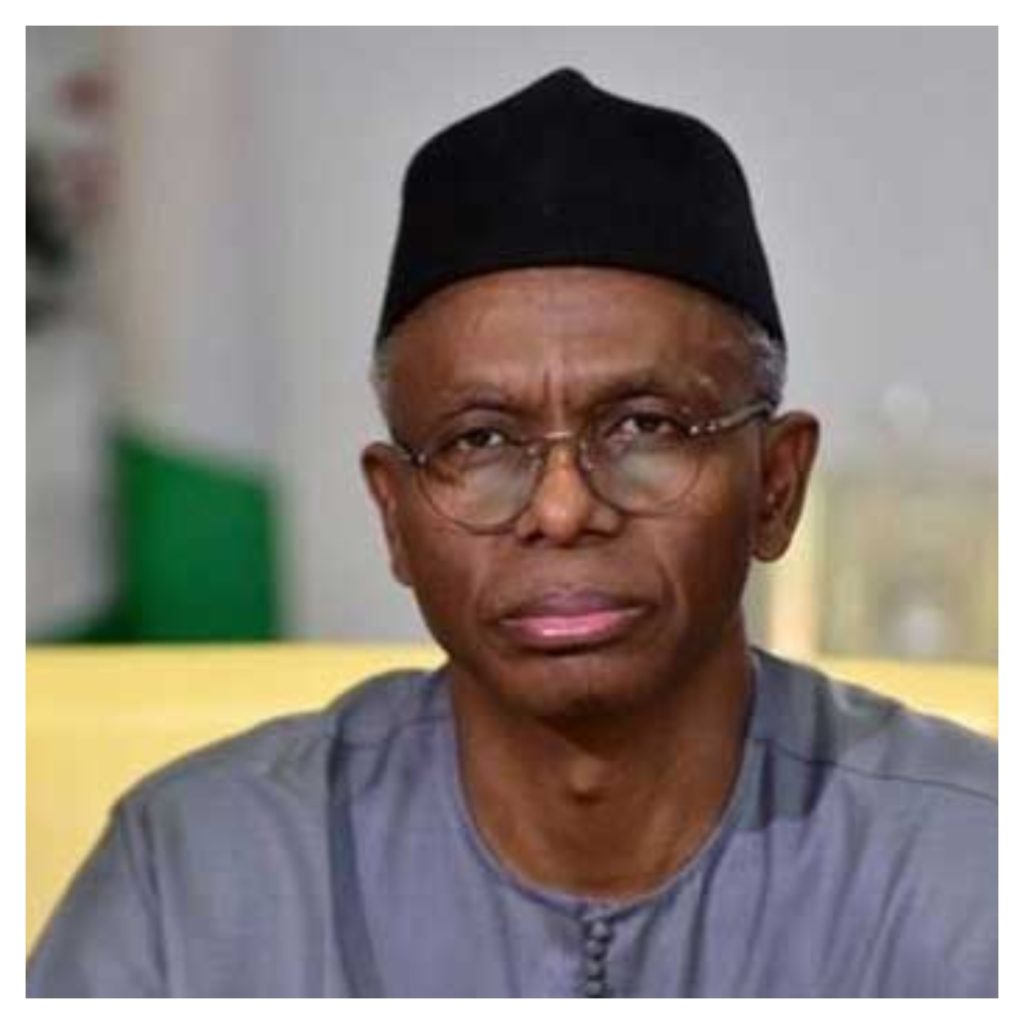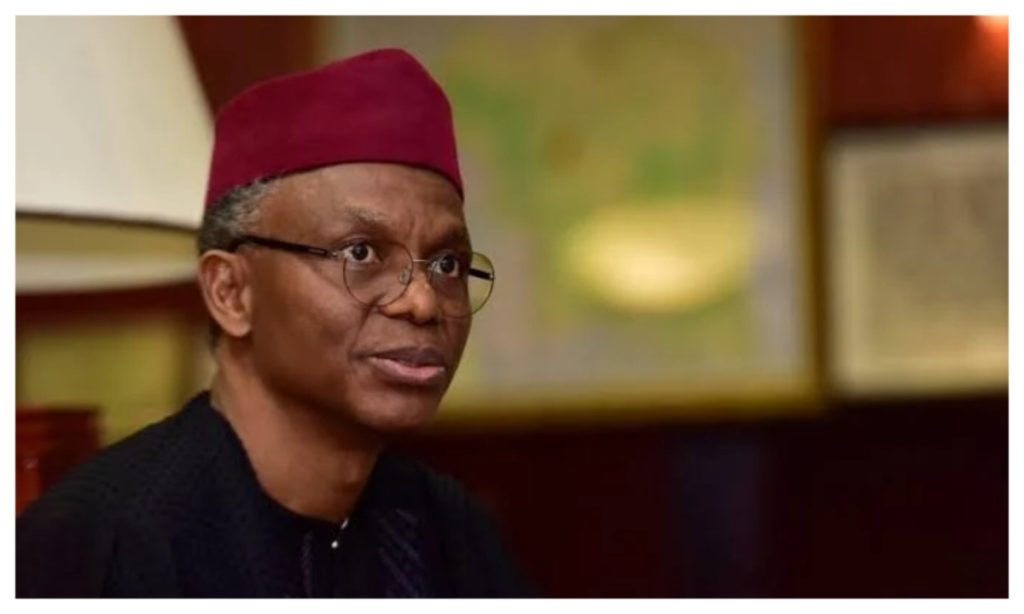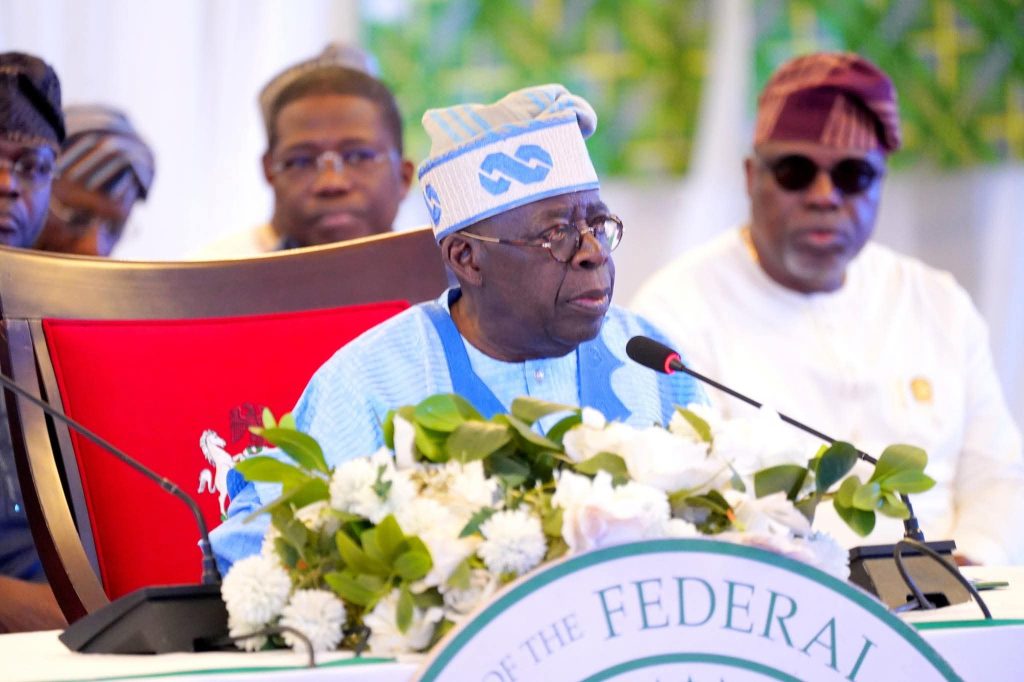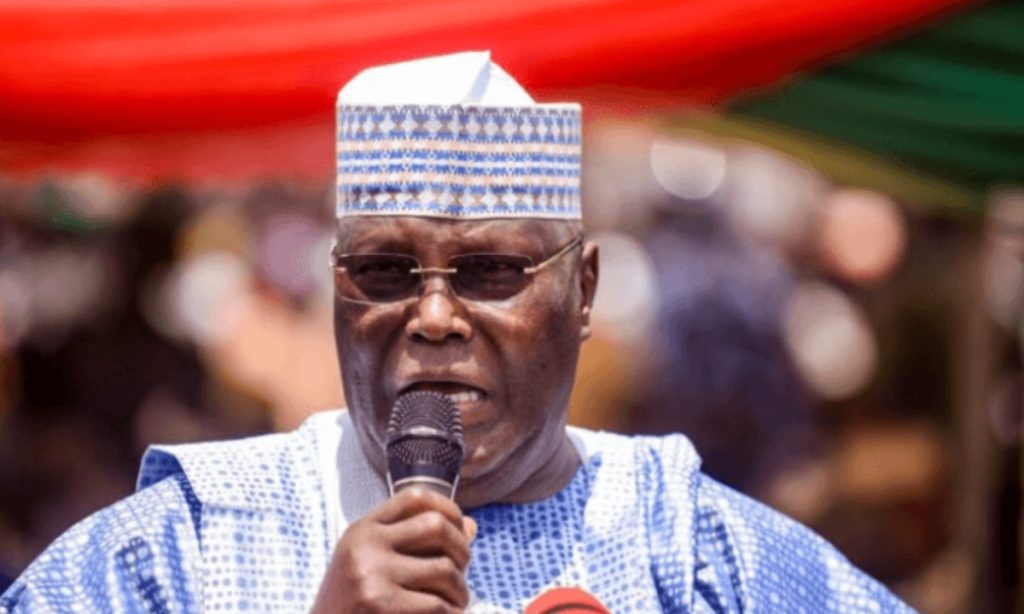The Nigerian Senate has given its approval for President Bola Tinubu’s request to raise N1.15 trillion from the domestic debt market. This move aims to cover the unfunded portion of the 2025 budget deficit. The approval was granted after the Senate Committee on Local and Foreign Debt presented its report during a plenary session on Wednesday.
The 2025 Appropriation Act outlines a total expenditure of N59.99 trillion, which represents an increase of N5.25 trillion from the initial proposal of N54.74 trillion. This expansion has resulted in a total budget deficit of N14.10 trillion. Out of this amount, N12.95 trillion had already been approved for borrowing, leaving a shortfall of approximately N1.15 trillion.
To ensure the effective use of the borrowed funds, the Senate adopted a motion directing the Committee on Appropriations to intensify its oversight. This move is intended to guarantee that the funds are utilized strictly for their intended purposes in the 2025 fiscal year.
President Tinubu had initially requested the National Assembly’s approval for the fresh N1.15 trillion borrowing from the domestic debt market on November 4th. The proposed borrowing is intended to bridge the funding gap and facilitate the full implementation of government programs and projects under the 2025 fiscal plan.
The approval of the loan is significant as it will enable the government to finance its budget deficit and implement its development projects. The Nigerian government has been facing fiscal challenges, and this borrowing is expected to help alleviate some of the pressure. The Senate’s decision to intensify oversight on the use of the borrowed funds is also a welcome move, as it will help ensure that the funds are utilized efficiently and effectively.
The development is a crucial step in the implementation of the 2025 budget, and it is expected that the government will work closely with the relevant stakeholders to ensure that the funds are used to achieve the desired outcomes. With the approval of the loan, the government can now focus on implementing its development projects and programs, which are expected to have a positive impact on the country’s economy and citizens.



